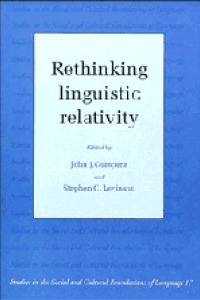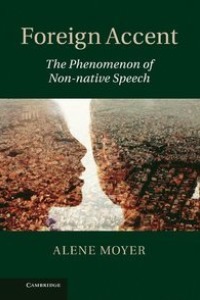
Liknande böcker
The Dynamics of Language Obsolescence in a Divided Speech Community: The Case of the German Wischau / Vyskov Enclave (Czech Republic)
Bok av Filippo Nereo
Using the Wischau/VySkov speech enclave (Czech Republic) as a case study, this book considers the impact of the highly controversial population transfers of ethnic Germans at the end of World War II. Particular attention is paid to processes of identification amongst community members, the post-war sociolinguistic context, and aspects of the language variety itself, which has remained structurally intact. Importantly, the study reveals the stories and experiences of forced migration and integration from the perspective of both stayers, who until 1989/90 lived under communism, and expellees, who started new lives in the capitalist Federal Republic of Germany. Methodologically, the study is based on data elicited chiefly from participant observations of, and unstructured interviews with the last remaining witnesses of the 1945/46 population transfers. As such, this is the first and probably last detailed study of this small, rural German enclave community. From a theoretical perspective, it draws heavily on Sasse's (1992) framework on language death.







